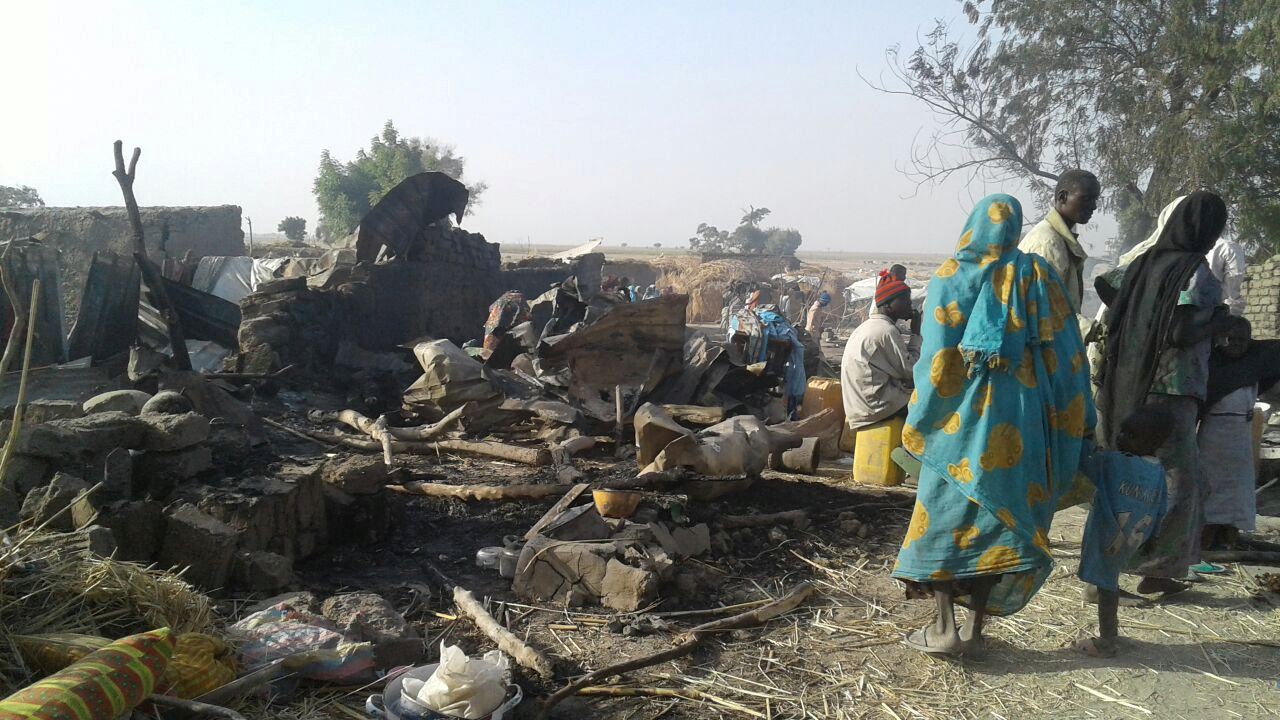
By Lefteris Papadimas
IDOMENI, Greece (Reuters) – Within sight of a razor wire fence guarded by Macedonian police, 35-year-old Iraqi migrant Saima Hodep rolls dough with an old steel water pipe outside her tent, in preparation for customers for her unleavened bread.
Saima is one of a small but growing number of migrants eking out a living on the Greek side of the Macedonian border, where about 10,000 people have set up Europe’s biggest refugee camp and are showing signs of settling in for the long term.
She sells about 100 pieces of bread a day at the Idomeni camp, which has no running water but at least eight barbers.
“My parents didn’t have any choice when we ran out of money a few weeks ago. They had to do something to make money,” said Saima’s 17-year-old daughter Saven.
The makeshift camp, home mostly to Syrians, Iraqis and Afghans, sprang up four months ago. At the time, huge numbers were making their way to northern Europe in the hope of gaining asylum in countries such as Germany, but border shutdowns in the Balkans stranded thousands in Greece.
They refuse to move, despite being tear-gassed by Macedonian police, and appeals by Greek authorities to move to organized camps deeper inside the country.
Today, the Idomeni camp has three improvised mosques, a kindergarten and a school, as well as at least four makers of falafel – the ground spiced chickpea patty of the Middle East -who supplement food provided by non governmental organizations.
FACILITIES LACKING
Migrants tents are haphazardly placed, jostling for space in the meadow outside Idomeni village. Basic facilities are scarce; there are chemical toilets, but they stink and often overflow.
Yannis Mouzalas, Greece’s migration minister, said last week that conditions at the camp were an “affront which should stop”. Yet Greece, unlike France which tore down part of an unofficial camp known as “The Jungle” at Calais, goes for the softly-softly approach with the Idomeni migrants.
“We will step up the dialogue,” Mouzalas told the semi-official Athens News Agency.
Raied Anbtauy, a 44-year-old from Aleppo, has been stranded in Idomeni for three months, separated from his family who had already reached Germany.
For the past 10 days, he has been making falafel to survive, cooking them in a small hut tied together with blankets. “I ran out of money and I needed to do something,” he told Reuters.
Another, Ridwan Kiko, 29, a Palestinian who lived in Damascus, said he is forced to sell fruit and vegetables that he buys from Greek Roma to survive and get medicines for his mother, a diabetic who needs insulin.
“The life here is so terrible, we don’t have clean water, we don’t have money, the food is not good and is not enough for everyone.”
Budding enterprise was probably born of the realization that the border would stay shut, said Marco Buono, head of UNHCR’s field office in Idomeni.
“The shops started at the end of March… There are people with skills that want to be useful to their community and to their family and at the same time make some money,” he told Reuters.
Despite the repeated appeals by Greek authorities, most refugees and migrants at Idomeni are refusing to budge.
Kiko, who taught mathematics and physics in Damascus, says he will stay until he can move on to Germany. As long as Idomeni exists, he says, it will tax Europe’s conscience. “If we leave Idomeni the world will forget about us.”
(Writing By Michele Kambas; editing by David Stamp)











